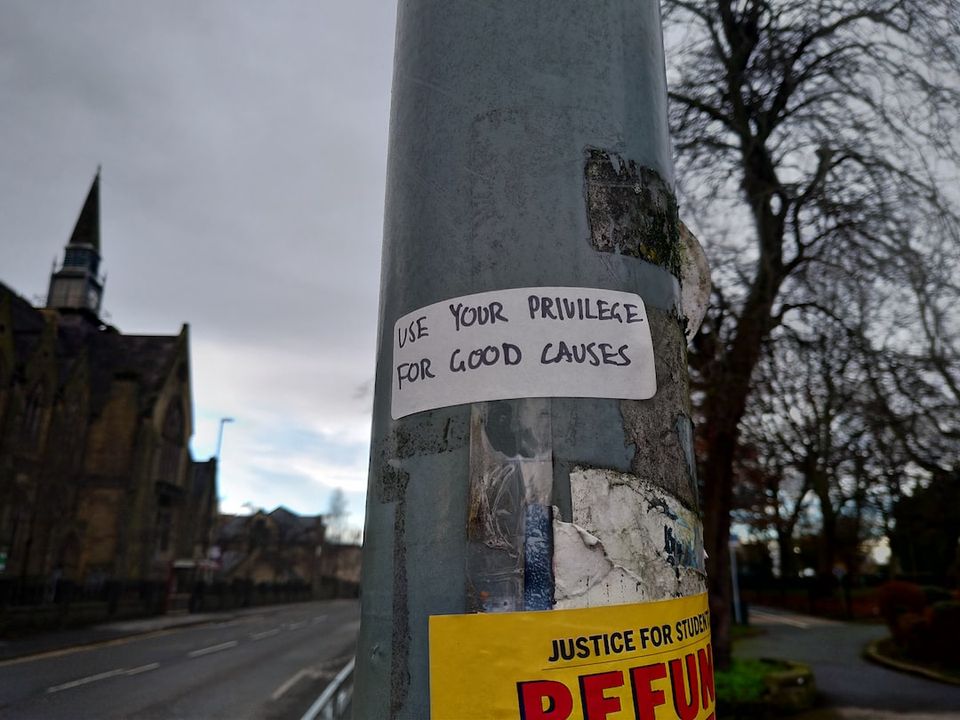Privilege Is Comfort and Security, Which Is Why No One Wants to Give It Up — Even to Understand Others

Privilege is like a safety deposit box filled with ideas about how to perceive the world around you.
Privilege adds to your self-estimation of how certain you are about your status and safety in the world.
When you resist change or react to something new out of self-protection and defensiveness, you demonstrate a lack of prediction that exists outside of your privilege.
When someone says they agree with something a racialized or 2SLGBTQ+ person is saying followed by the proverbial, “But,” they’re speaking from a defensive posture.
That person is stuck in past predictions and can’t estimate a different future and appropriate new responses.
Whenever you are faced with any form of resistance to change, consider that your feeling of resistance is a lack of prediction about your environment.
This means you don’t understand the situation, or you don’t have enough information about what is happening to know how to respond appropriately.
This uncertainty is an untenable stress — a normal, human response to life about not knowing what to do next. If you think of resistance in this way, it’s easier to practice slowing down to take stock and notice what’s happening.
You can reduce the initial feeling of stress and resistance by asking questions, or simply listening to what another person is saying without judgment.
The more information you have about the situation and the more you seek to understand the other person’s perspective, the more you can relate that information to your lived experience.
Even with someone we despise, we all have something in common. I’m not suggesting you have to like the person, or agree with their views. But if you can maintain the inner calm to find commonality, and if the other person is responsive, you will be surprised how a bridge begins to cross the gap.
Seeking to understand and find commonality is a process that forms new neuro-associations and helps create new ‘subconscious’ predictions and responses, which over time reduces the feelings of threat or stress, and feelings of resistance and defensiveness.
We learn and develop more easily when we associate what’s happening in our environment with our lived experiences — and thus what we have in common with others.
“Nothing happens until something moves.” — Albert Einstein
What’s one small step you can take to move in the direction of understanding and connection?
Member discussion